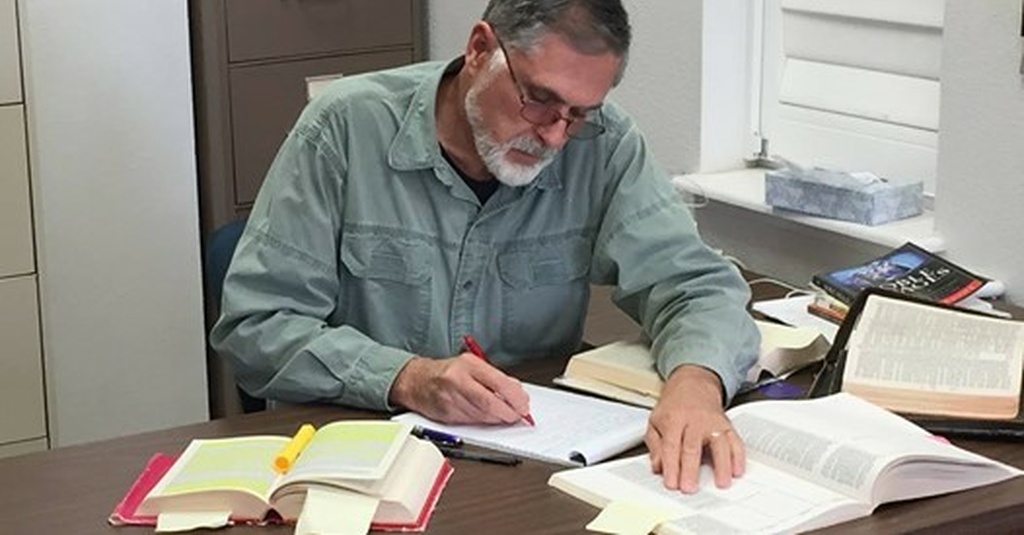
A Perpetual Reminder
Christmas, thus, is more than a rehearsal of the history of the “holy infant so tender and mild.” It is a perpetual reminder of an essential point of Christian doctrine, that Jesus Christ was the second person of the Trinity who came to us in human flesh so that He might pay our death penalty.

- Mark R. Rushdoony
Christmas is the celebration of the incarnation of God in human flesh so that He could then atone for our sin. The church spent its first 400 years vigorously defending the doctrine of the incarnation. It had to because the dualistic thinking of the day recoiled at the mere association of deity with the material realm.
It is important to understand that the incarnation could not have been a fabricated doctrine. There was no advantage to advancing an idea that was so contrary to the “spirit of the age.” Dualism dominated the intellectual world of Rome and beyond. It denied the moral interpretation of Scripture and claimed man’s problem was instead a metaphysical one, that he was a physical, mortal being. The matter of which man and his world consisted was the source of evil according to this view. Man’s hope was to escape the bonds of his mortality into the non-physical realm of the “gods.”
Much of the language of Christianity (“world,” “flesh,” “heaven,” and “spirit”) could be easily interpreted in terms of this false dualism that equated matter with evil and non-matter with the higher realm of deity. When dualists became Christians, they brought their philosophy with them and introduced bizarre ideas of piety and spirituality into the Christian community. Acts of mutilation, castration, and flagellation were common in such ascetic groups.
When it came to the doctrine of the incarnation, such dualists decided to “fix” Christianity by denying it really took place. Their goal was to keep Jesus “pure” of the taint of human flesh. Various arguments were used, and as the orthodox defeated one idea, another took its place. The battle waged until the Council of Chalcedon (A.D. 451) finally slammed the door on dualism. Though officially repudiated, the idea of “spirituality” as an otherworldly orientation still plagues the Christian church.
Christmas, thus, is more than a rehearsal of the history of the “holy infant so tender and mild.” It is a perpetual reminder of an essential point of Christian doctrine, that Jesus Christ was the second person of the Trinity who came to us in human flesh so that He might pay our death penalty.
We at Chalcedon send you Christmas greetings to you and yours. We are grateful for those who labor with us in furthering the Kingdom of God.

- Mark R. Rushdoony
Mark R. Rushdoony graduated from Los Angeles Baptist College (now The Master’s College) with a B.A. in history in 1975 and was ordained to the ministry in 1995.
He taught junior and senior high classes in history, Bible, civics and economics at a Christian school in Virginia for three years before joining the staff of Chalcedon in 1978. He was the Director of Chalcedon Christian School for 14 years while teaching full time. He also helped tutor all of his children through high school.
In 1998, he became the President of Chalcedon and Ross House Books, and, more recently another publishing arm, Storehouse Press. Chalcedon and its subsidiaries publish many titles plus CDs, mp3s, and an extensive online archive at www.chalcedon.edu. His biography of his father will be published later this year (2024).
He has written scores of articles for Chalcedon’s publications, both the Chalcedon Report and Faith for all of Life. He was a contributing author to The Great Christian Revolution (1991). He has spoken at numerous conferences and churches in the U.S. and abroad.
Mark Rushdoony has lived in Vallecito, California, since 1978. His wife, Darlene, and he have been married since 1976. His youngest son still resides with him. He has three married children and nine grandchildren.